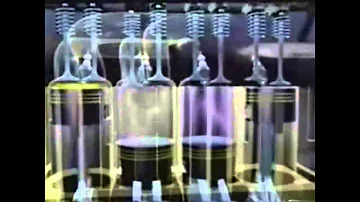What happened on St Patrick Day?

What happened on St Patrick Day?
Patrick's Day, feast day (March 17) of St. Patrick, patron saint of Ireland. ... By the time of his death on Ma, he had established monasteries, churches, and schools. Many legends grew up around him—for example, that he drove the snakes out of Ireland and used the shamrock to explain the Trinity.
Why do we celebrate St Patricks Day?
The day commemorates Saint Patrick and the arrival of Christianity in Ireland, and celebrates the heritage and culture of the Irish in general. Celebrations generally involve public parades and festivals, céilís, and the wearing of green attire or shamrocks.
What activities can we do for St. Patrick's Day?
- Craft Up A Project. Every holiday is the perfect excuse to get in touch with your inner Martha,and St. ...
- Style A Green Outfit. St. ...
- Attend A Virtual Parade. ...
- Learn About St. ...
- Cook An Irish Meal. ...
- Make Green Pancakes Infused With Guinness. ...
- Make Green Beer. ...
- Watch An Irish Movie Or Show. ...
- Eat Your Leafy Greens. ...
- Read A Book By An Irish Author. ...
What is so special about St Patrick Day?
- Saint Patrick’s Day. Every 17 March, Irish people all over the world celebrate St. Patrick’s Day in honour of Saint Patrick, the patron saint of Ireland. Let’s find out what was so special about that person. When St. Patrick was born, his name actually was not Patrick but Maewyn.
What is Saint Patrick's Day really about?
- St. Patrick’s Day is about celebrating the life of a Catholic Bishop, Patrick, who converted the pagan nation of Ireland to the Catholic faith. Ironically, Patrick wasn’t even Irish. He was kidnapped and sold into slavery in Ireland. It was there that he found God in a profound way that changed his life.
Is St Patrick's Day a Catholic only holiday?
- Saint Patrick's Day was made an official Christian feast day in the early 17th century and is observed by the Catholic Church, the Anglican Communion (especially the Church of Ireland ), the Eastern Orthodox Church, and the Lutheran Church.















